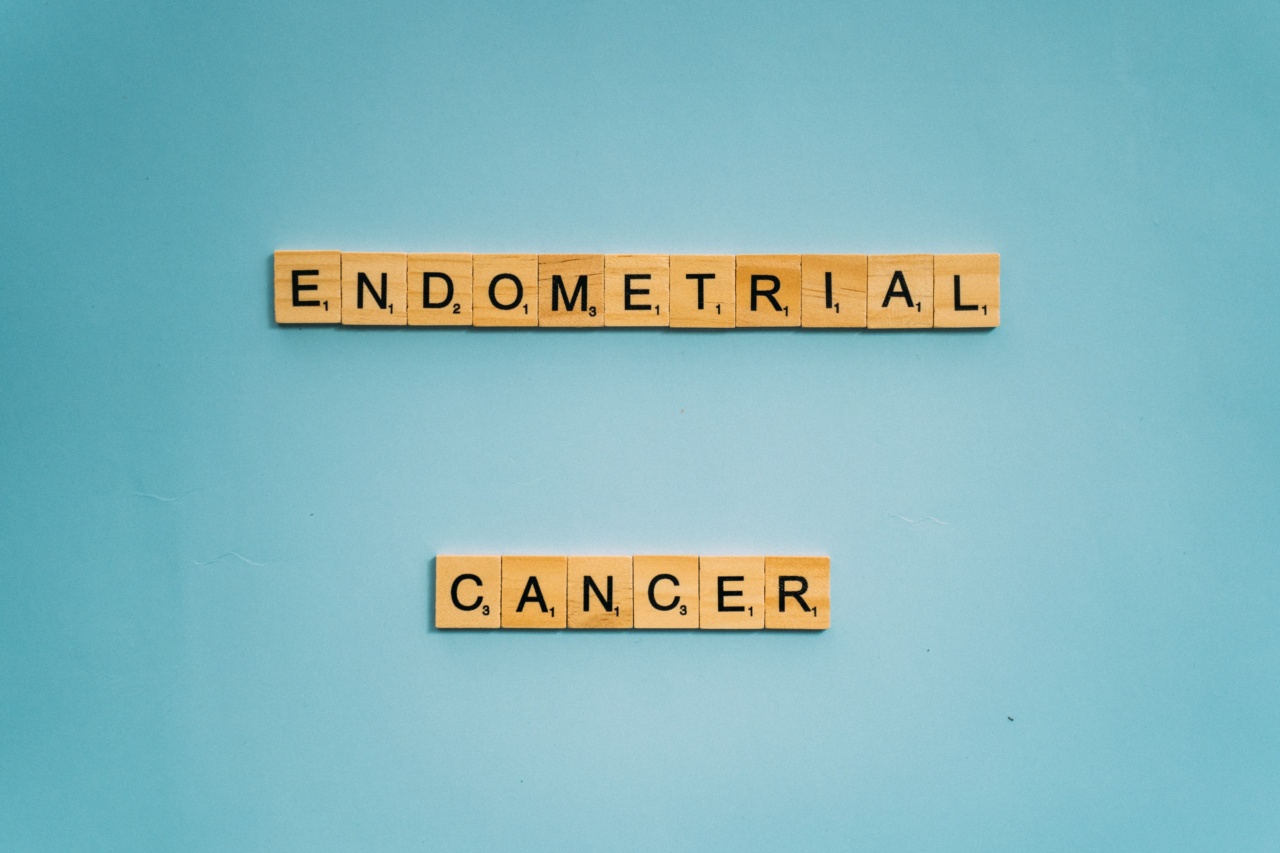Endometrial cancer is a type of cancer that starts in the lining of the uterus. It is also known as uterine cancer and is the most common type of cancer that affects the female reproductive system.
Endometrial cancer usually develops in women who have gone through menopause, but it can also develop in women who are still menstruating.
: Causes of endometrial cancer
The exact cause of endometrial cancer is unknown, but there are some risk factors that can increase the chances of developing the disease. These include:.
- Obesity
- Menopause
- Not having children
- Starting menstruation at an early age
- Using hormone therapy to treat menopause symptoms for a long period of time
- A family history of endometrial cancer or other related cancers
: Symptoms of endometrial cancer
The symptoms of endometrial cancer may include:.
- Abnormal vaginal bleeding, such as bleeding between periods, after menopause, or after sex
- Pain during sex
- Pain or pressure in the pelvis
- Changes in bowel or bladder habits
- Unexplained weight loss
: Diagnosis of endometrial cancer
If you experience any of these symptoms, you should see a doctor. Your doctor may perform a physical exam and ask about your symptoms and medical history. They may also order some tests to diagnose endometrial cancer, such as:.
- Endometrial biopsy: A small sample of tissue is taken from the lining of the uterus and examined under a microscope
- Transvaginal ultrasound: A probe is inserted into the vagina to create images of the uterus and ovaries
- MRI or CT scan: These imaging tests can provide more detailed images of the uterus and surrounding areas
: Treatment of endometrial cancer
Treatment for endometrial cancer depends on the stage of the cancer and other factors, such as your overall health. Treatment options may include:.
- Surgery: The most common treatment for endometrial cancer is a hysterectomy, which involves removing the uterus and cervix
- Radiation therapy: High-energy beams of radiation are used to kill cancer cells
- Chemotherapy: Drugs are used to kill cancer cells
- Hormone therapy: Medications that block the effects of estrogen on the body may be used to treat endometrial cancer
: Prevention of endometrial cancer
There are some steps you can take to reduce your risk of developing endometrial cancer, such as:.
- Maintaining a healthy weight
- Exercising regularly
- Using birth control pills
- Having children
: Conclusion
Endometrial cancer is a type of cancer that affects the lining of the uterus. It is important to know the risk factors and symptoms of endometrial cancer, and to see a doctor if you experience any of these symptoms.
Early detection and treatment can improve the chances of a successful outcome.




























